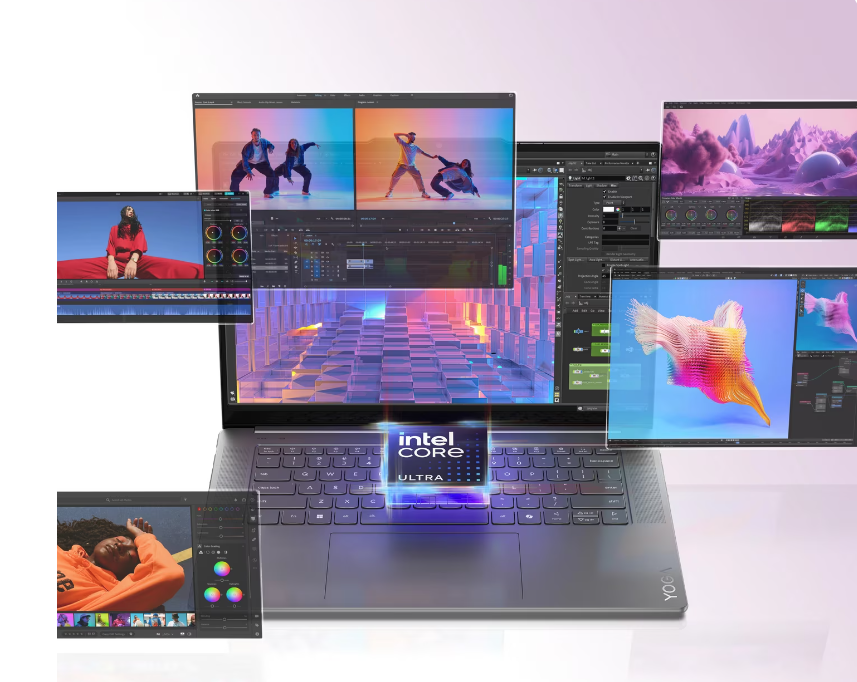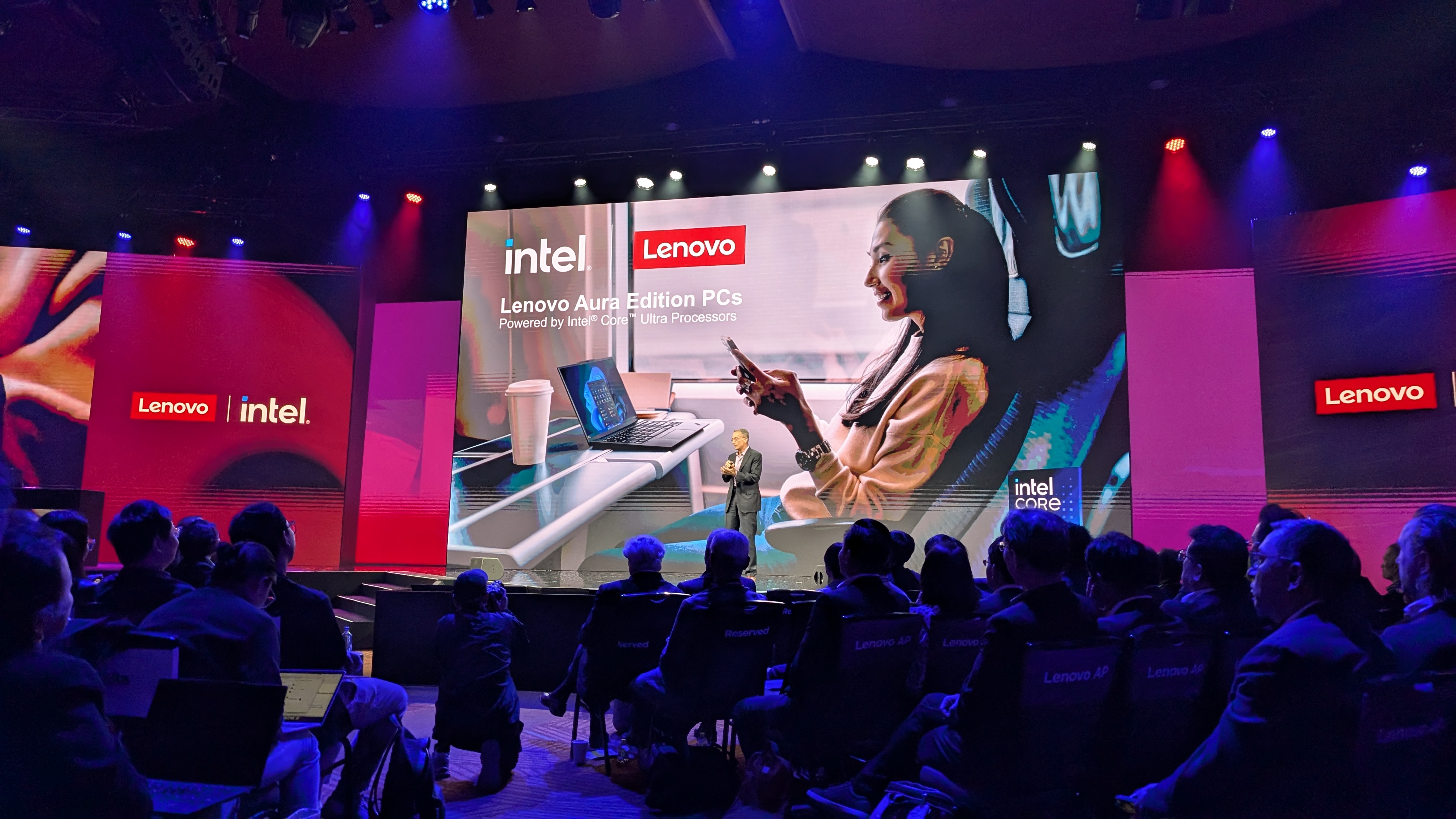
With the first major wave of AI development set to transform work processes in industries across the world, attention is now turning to creating the devices that will allow everyday users to see the benefits.
Having a supercomputer or series of data centers carry out huge data analysis tasks or workloads is undoubtedly a boon, but when will we see devices in our homes and offices able to get the most out of AI?
As the world's biggest PC manufacturer, Lenovo is hard at work developing and producing this next generation of AI-enabled devices, from smartphones to laptops - so how big a difference could they really make?
Dawn of the AI PC
"Today, you can do anything to a PC as long as you bend to the PC," Daryl Cromer, CTO of PCs and Smart Devices, Lenovo, told me at the recent Lenovo Tech World 2024 event in Seattle, "tomorrow, the PC will bend to you."
“It will augment and supplement a user's strengths and weaknesses, and as it gets to know you based on your personality, your strengths, your weaknesses, it will be able to adjust to that and learn your particular style to be much more personal.”
At Tech World 2024, Lenovo unveiled the ThinkPad X1 2-in-1 Gen 10 Aura Edition AI laptop, its latest innovation in this new field of devices. Cromer was keen to extol the virtues of this impressive new device, which features the latest Intel hardware, including an NPU, as well as huge 18 hour battery life.
“We worked with Intel for several years, really tuning the experience," he says, “it will be the baseline for AI PCs, really defining the experience with great compute, great battery life, in a phenomenal form factor.”
The form factor is particularly important, he notes, given the demand on such a device that will need to carry out high-intensity AI tasks, all while fitting in a satchel or backpack.
"The future is going to be AI-native," Cromer declares, "these devices are designed for the AI era, and designed with AI in mind.”

The company sees a recent Canalys prediction that 50% of all PCs will be AI PCs by 2027 as reachable, but Cromer is keen to point out that success won't necessarily be immediate, with customer education concerning the potential of such devices being key.
“Consumers will buy a use case," he notes, highlighting how freelancers and creators may be keener to use a device that enable a particular apps or form of work, such as coding or video editing.
“15 years ago we would go to (consumers) and say a device has this drive, or this processor, but those days are over now - they want the experience, they want an incredibly beautiful design, a great display, great communications, great camera, but now they want additional experiences," he adds, "at the end of the day, whether its a consumer or a professional, they want to make their lives easier, so we have to find solutions and applications to do this."

And as such AI PCs become more commonplace in offices and homes across the world, there will be an inevitable trickling down of the technology into cheaper devices.
Cromer argues that there will always be a demand, and need, for premium, higher-tier devices, but gaining wider adoption will be important for manufacturers such as Lenovo, which he says has a "huge opportunity" as the industry grows and develops.
”The PC is your eyes and ears and window into the cloud, into this wonderful world of generative AI - at the end of the day," he says, "it's the perfect device for so many applications."
“Lenovo is one of the few companies that has phones, tablets, PC, inner edge and cloud, gives us the ability to go from the pocket to the cloud, and to spin across these devices puts us in a very unique position and gives us unique insight into what customers are looking for.
And as such AI PCs become more commonplace in offices and homes across the world, there will be an inevitable trickling down of the technology into cheaper devices.
Cromer argues that there will always be a demand, and need, for premium, higher-tier devices, but gaining wider adoption will be important for manufacturers such as Lenovo, which he says has a "huge opportunity" as the industry grows and develops.
”The PC is your eyes and ears and window into the cloud, into this wonderful world of generative AI - at the end of the day," he says, "it's the perfect device for so many applications."
“Lenovo is one of the few companies that has phones, tablets, PC, inner edge and cloud, gives us the ability to go from the pocket to the cloud, and to spin across these devices puts us in a very unique position and gives us unique insight into what customers are looking for.







